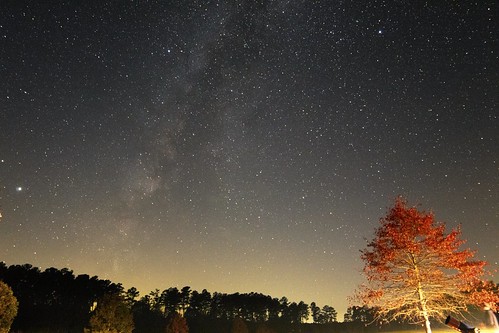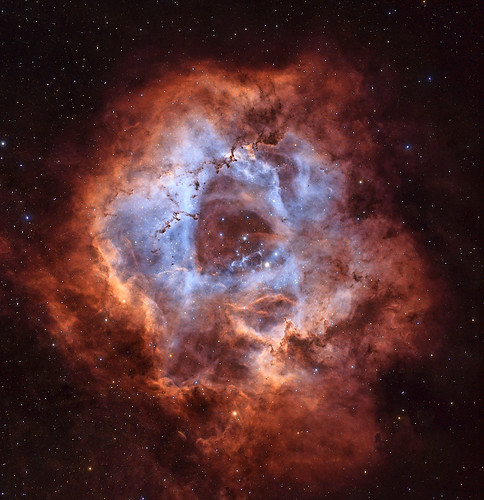ISS with Crew Dragon Resilience transits Jupiter
 ISS with Crew Dragon Resilience transits Jupiter
ISS with Crew Dragon Resilience transits Jupiter by
Tom Glenn, on Flickr
This composite image shows 39 consecutive frames that were captured during a transit of the International Space Station (with docked Crew Dragon "Resilience") across Jupiter. The event was captured from north of Lake Elsinore, CA, at GPS coordinates 33.732051N, -117.393964W, on November 19, 2020, 17:35:30 PST. The transit occurred when the ISS was at 27.6 degrees elevation, and at a range of 821km line of sight. This is not ideal, and Jupiter is also nearing solar conjunction. Nevertheless, this presented a unique opportunity to capture a planetary ISS transit. In addition to transiting Jupiter, the ISS passed close to Saturn and the Moon, which is shown in the video linked below.
I posted the following video on YouTube which documents the event, and shows the raw video footage, as well as maps and star charts used in planning:
https://youtu.be/scrG8jif4ZA
The transit was recorded with a C9.25 Edge HD telescope, and ASI183mm camera with a 610nm far-red longpass filter. The exposures were 0.7ms each, and the frame rate was 57fps. The transit ground path was plotted in Google Earth using software written by Ed Morana (
http://pictures.ed-morana.com/ISSTransi ... index.html). The transit sequence is composed of 39 consecutive frames containing the spacecraft. The composite image is created by using a maximum intensity blending mode ("Lighten" in Photoshop). Three of the Galilean moons, Io, Ganymede, and Europa are visible in the image. Note that the image is oriented with Jupiter's North Pole at the top. The GRS (Great Red Spot) is not visible......the subtle darker spot visible on the surface of Jupiter is part of the NEB (North Equatorial Belt). After the transit occurred, I manually tracked the ISS as it passed high overhead, which presented a more favorable view for recording details. The same equipment was used, this time with a 0.3ms exposure. The Crew Dragon Resilience can be seen docked on the ISS (link to still image below......this sequence is also contained in the YouTube video):
https://flic.kr/p/2k9CfwX
 Autumn Milky Way by The Heavens Declare, on Flickr
Autumn Milky Way by The Heavens Declare, on Flickr











